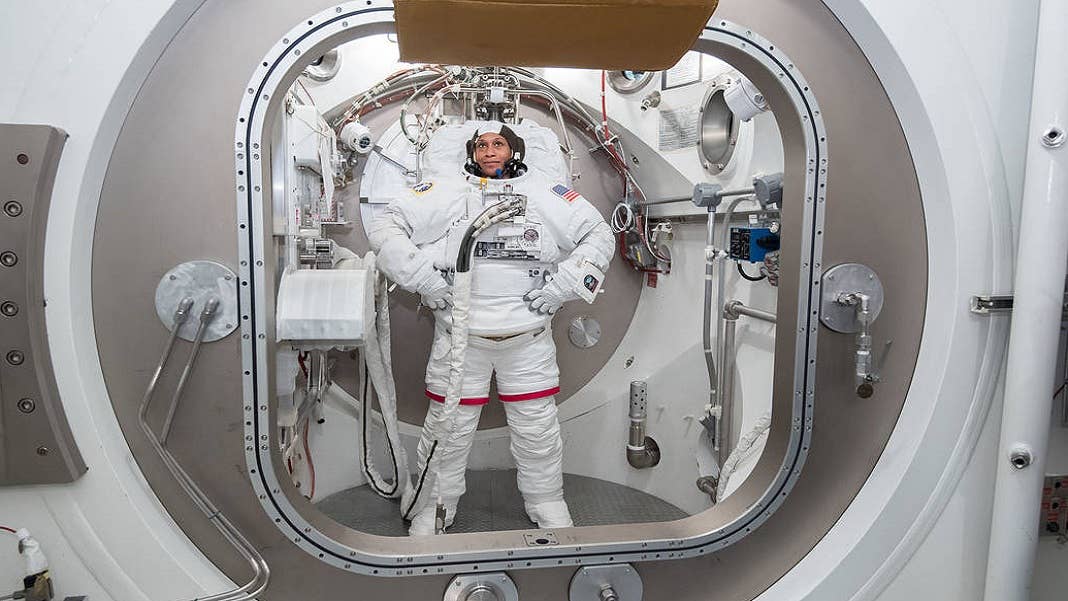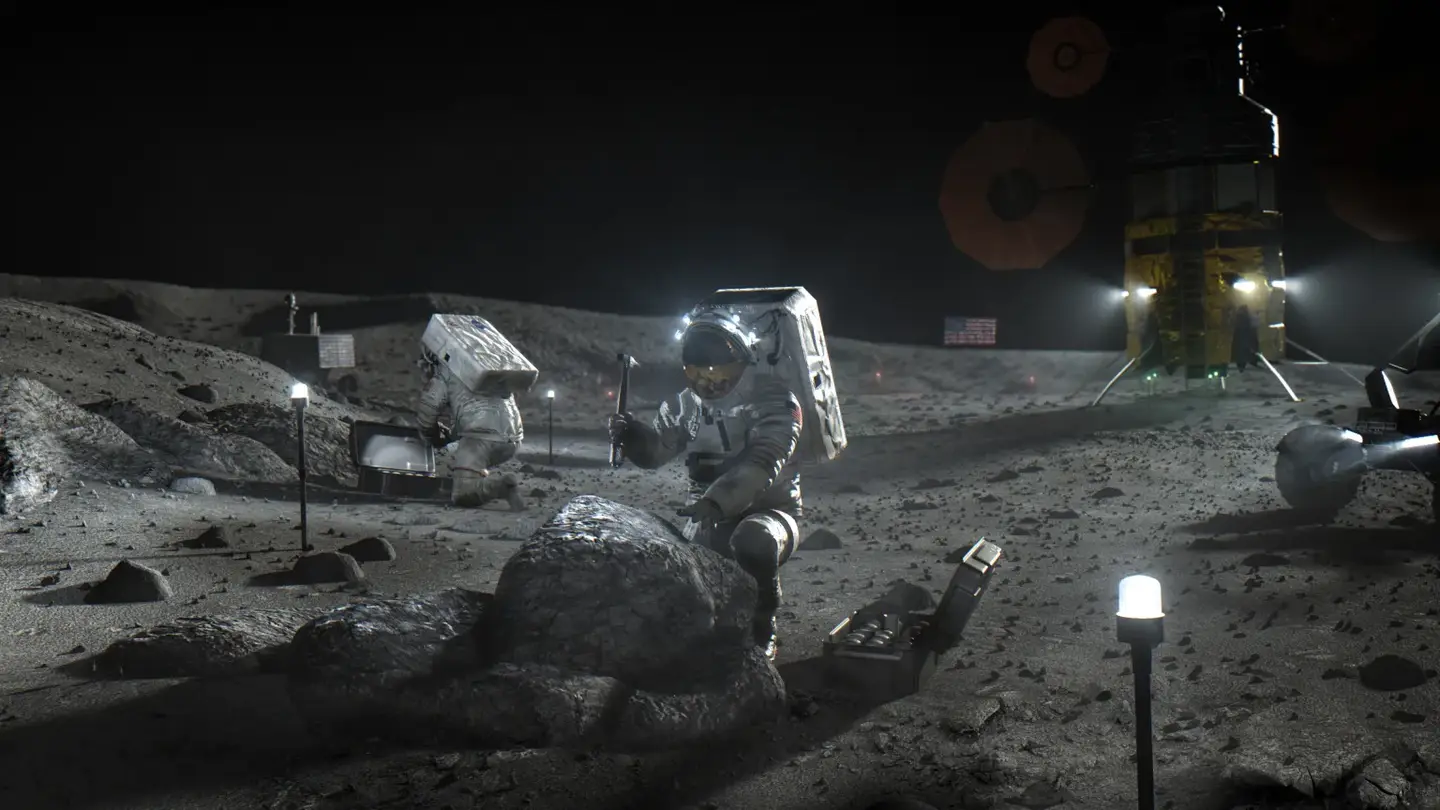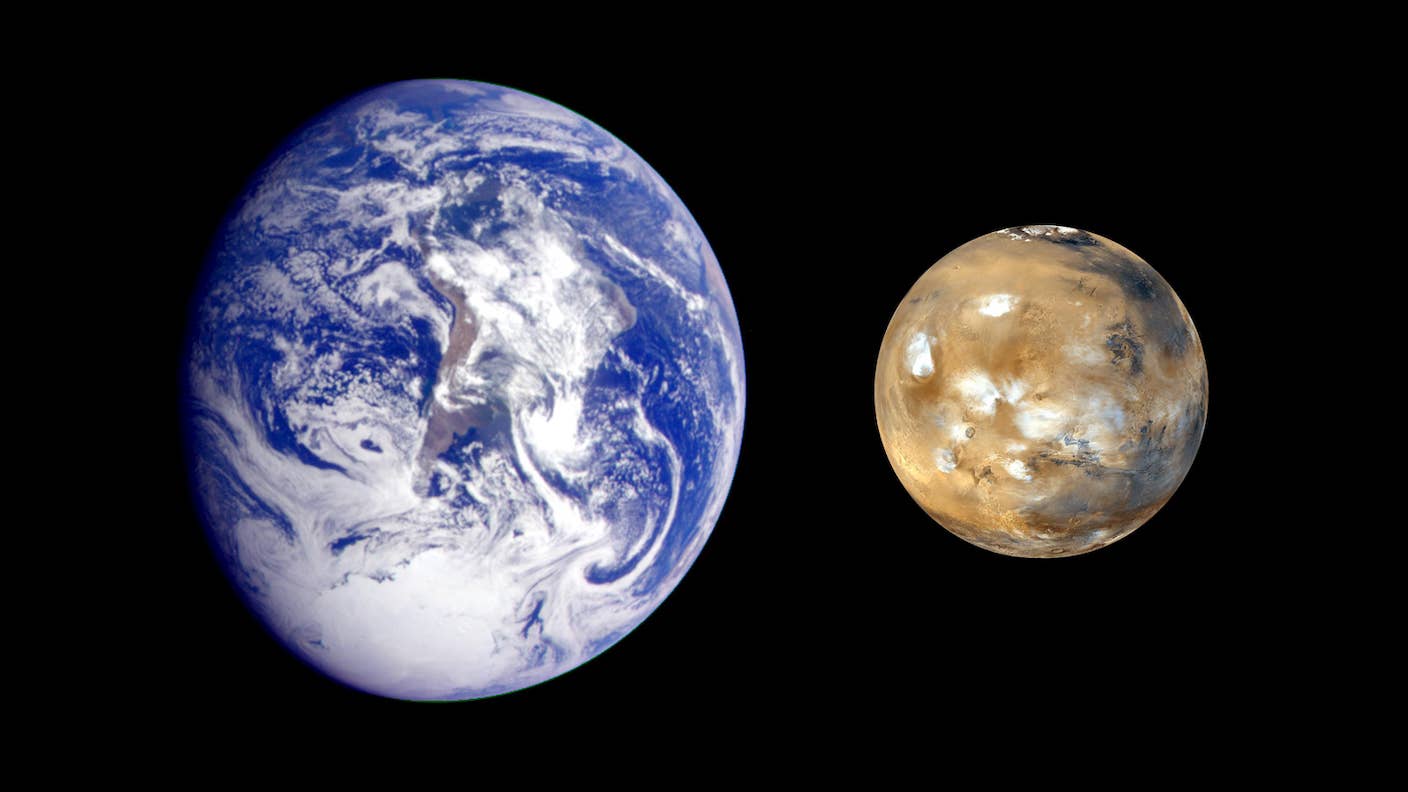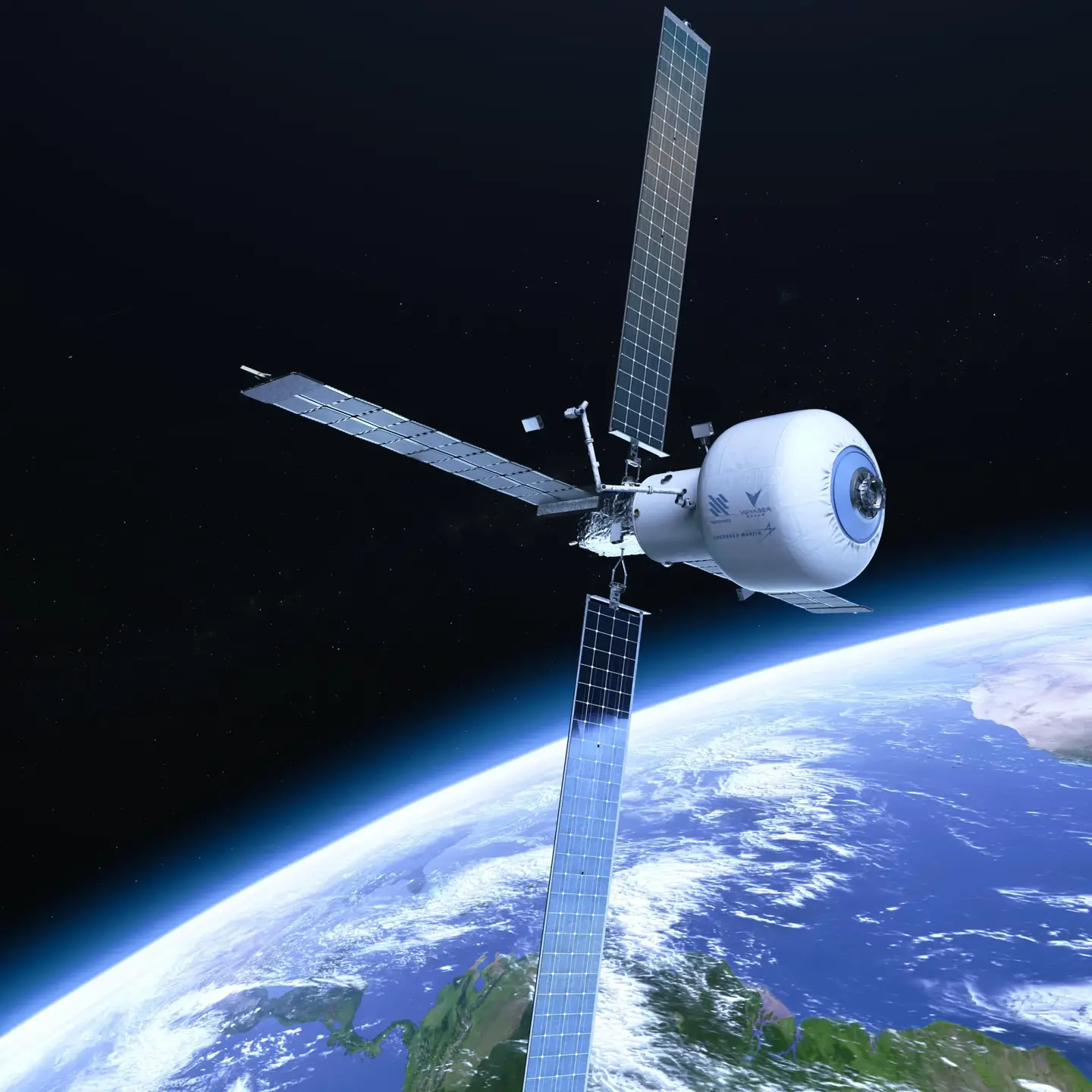Breakthrough NASA Study Discovers Surprising Key to Astronauts’ Health in Space

Share
Thanks to SpaceX, traveling beyond Earth now seems pretty tangible for us commoners.
True, a ticket to the International Space Station currently runs $55 million (ouch). Technologically, however, the triumphant splashdown of SpaceX’s astronaut-carrying Dragon capsule earlier this year shows they have the chops to make commercial space travel work. A casual jaunt over to Mars no longer seems like a fantastical vision statement.
Yet getting people safely to space is just one step. Getting them there and back again healthy is another.
Since the launch of Laika, the part-husky space pioneer to orbit the Earth in 1957, scientists have known that space travel takes a toll on the human body. The heart and blood vessels stiffen. The risk of cancer increases. The immune system goes haywire. The brain slowly undergoes degeneration in a way similar to aging. Some of these detrimental health effects are reversible once space travelers are back in the grasp of gravity; others linger. We’re still unsure of what health problems stick around long term.
But one thing is clear: to keep pushing the next frontiers of space travel, we need effective countermeasures. What if there’s one already in our drug stores?
This month, a collaboration between NASA and various research institutions pinpointed a “central biological hub” that controls health during space travel. The culprit is the cell’s energy factory, the mitochondria, which breaks down in function in a way eerily similar to aging. Like shutting down power and water in a city, disruptions to the mitochondria reverberate throughout the cells and organs, potentially leading to problems with sleeping, the immune system, and more in space. The results were published in Cell.
"We started by asking whether there is some kind of universal mechanism happening in the body in space…" said lead author Dr. Afshin Beheshti at the Space Biosciences Division of NASA at Ames Research Center in Silicon Valley, California. "What we found over and over was that something is happening with the mitochondria regulation that throws everything out of whack."
It’s terrific news. Because the mitochondria is central to health, we already have various FDA-approved drugs and nutritional supplements to support its function. Like combating aging, however, fighting one biological foe may not be enough to reverse all health issues in space travel. But it’s sure a great place to start.
Space Health Goes Big Data
The study is part of a package of over two dozen papers published this week using NASA’s GeneLab platform.
GeneLab combines two of modern science’s best trends—big data and open-sourcing—into a massive library of data ranging from animal studies to humans. By using big data, the authors explained, it’s possible to fish for key changes in the human body at the molecular level in response to spaceflight. “Such knowledge could be used to design efficient countermeasures that would benefit astronauts and the health of people on Earth,” they write.
To start, they tapped into health data from 59 astronauts and hundreds of other tissue samples that were flown into space. It’s a mind-blowingly comprehensive dataset, containing everything from genes to proteins to metabolism. For example, the team could analyze how genes turned on or off during spaceflight—dubbed epigenetics—which provides insight into which of the cell’s processes change in space. It’s similar to trying to analyze a city’s traffic patterns while blinded, but having a wealth of information on each of the cars, how they move, the routes they’re driving, or how fast they’re driving, without any preconception of how traffic should be moving.
In this way, the team was able to do an unbiased fishing expedition into a cell’s biological traffic. It paid off. Regardless of whether they looked at human or mouse cells exposed to space, regardless of whether it was kidney, eye, or other tissue, one factor kept popping up: the mitochondria.
"I was completely surprised to see that mitochondria are so important, because they weren't on our radar," said Beheshti. But, “we looked at problems in the liver and saw they were caused by pathways related to the mitochondria. Then we looked at problems in the eyes and saw the same pathways. This is when we became interested in taking a deeper look.”
The Mitochondria Hub
Like any factory, the mitochondria releases “pollutants” into the cell as it generates energy. These damaging molecules are normally quickly neutralized—think carbon capture. But as we age, the mitochondria’s inner workings start breaking down, causing stress in the factory and more pollutants in the cell.
Be Part of the Future
Sign up to receive top stories about groundbreaking technologies and visionary thinkers from SingularityHub.


As it happens, similar processes seem to occur in spaceflight—a sort of accelerated aging. In liver, muscle, and kidney tissue from spaceflight mice, as well as urine samples from astronauts, the team found telltale signs of mitochondrial problems. As the energy factory breaks down, the authors explain, the cell sometimes tries to overcompensate, like pushing a damaged nuclear facility. This, in turn, can trigger the cell’s guardian immune system to react—but not always in a beneficial manner.
To test their theory, the team turned to data from the NASA Twin Study, starring astronauts Mark and Scott Kelly. The trailblazing study compared Scott, who was in space, with his Earth-bound twin brother Mark, through a series of comprehensive tests ranging from genetics to body fluid samples. The team looked at mitochondria health and immune cells in the twin brothers, and found that spaceflight reduced Scott’s ability to neutralize pollutants from his mitochondria—something dangerous for long-term spaceflight. Compared to Earthling Mark, Scott’s immune system also kicked into hyperdrive while in space, with signs of damaged mitochondrial chunks in his blood and urine.
But the mitochondria’s role doesn’t stop at the immune system. Surprisingly, it could also impact a person’s circadian rhythm, or our body’s internal natural clock of when to sleep, eat, and wake, the team said. Even stranger are ties of the mitochondria to our sense of smell, which tends to dial down in space. Previous research also shows that the energy factory is linked to heart and blood vessel problems and multiple other organs on Earth, though we need to see if the same holds true in space.
One Hub to Rule Them All?
Are mitochondria problems the end-all for space travel health? Likely not. A sister paper, one of over two dozen, covered six major health features of spaceflight biology, with mitochondria being just one factor.
Translation: we’re just scratching the surface of maintaining health in long-term spaceflight.
Yet the study is still a technological tour-de-force and a triumph. If mitochondria dysfunction is one of the master villains, we already know how to combat it. One option to slow or curb mitochondria problems is through diet. The energy factory needs food to be able to produce energy, so what space travelers eat makes an impact on its health. “Nutritional mitochondrial therapeutics” is a scientific pursuit that’s still early and evolving, but already there are some hints of effective treatments, the team said.
The other is to rely on cocktails that support mitochondrial function, which are already available. The strongest candidate is a pill called coenzyme Q10 (CoQ10), an antioxidant used to battle cellular pollutants and a favorite component in anti-aging skin care.
"The low-hanging fruit now would be to test some of these drugs with animal and cell models in space," said Beheshti.
Image Credit: NASA
Dr. Shelly Xuelai Fan is a neuroscientist-turned-science-writer. She's fascinated with research about the brain, AI, longevity, biotech, and especially their intersection. As a digital nomad, she enjoys exploring new cultures, local foods, and the great outdoors.
Related Articles

Elon Musk Says SpaceX Is Pivoting From Mars to the Moon

What If We’re All Martians? The Intriguing Idea That Life on Earth Began on the Red Planet

The Era of Private Space Stations Launches in 2026
What we’re reading